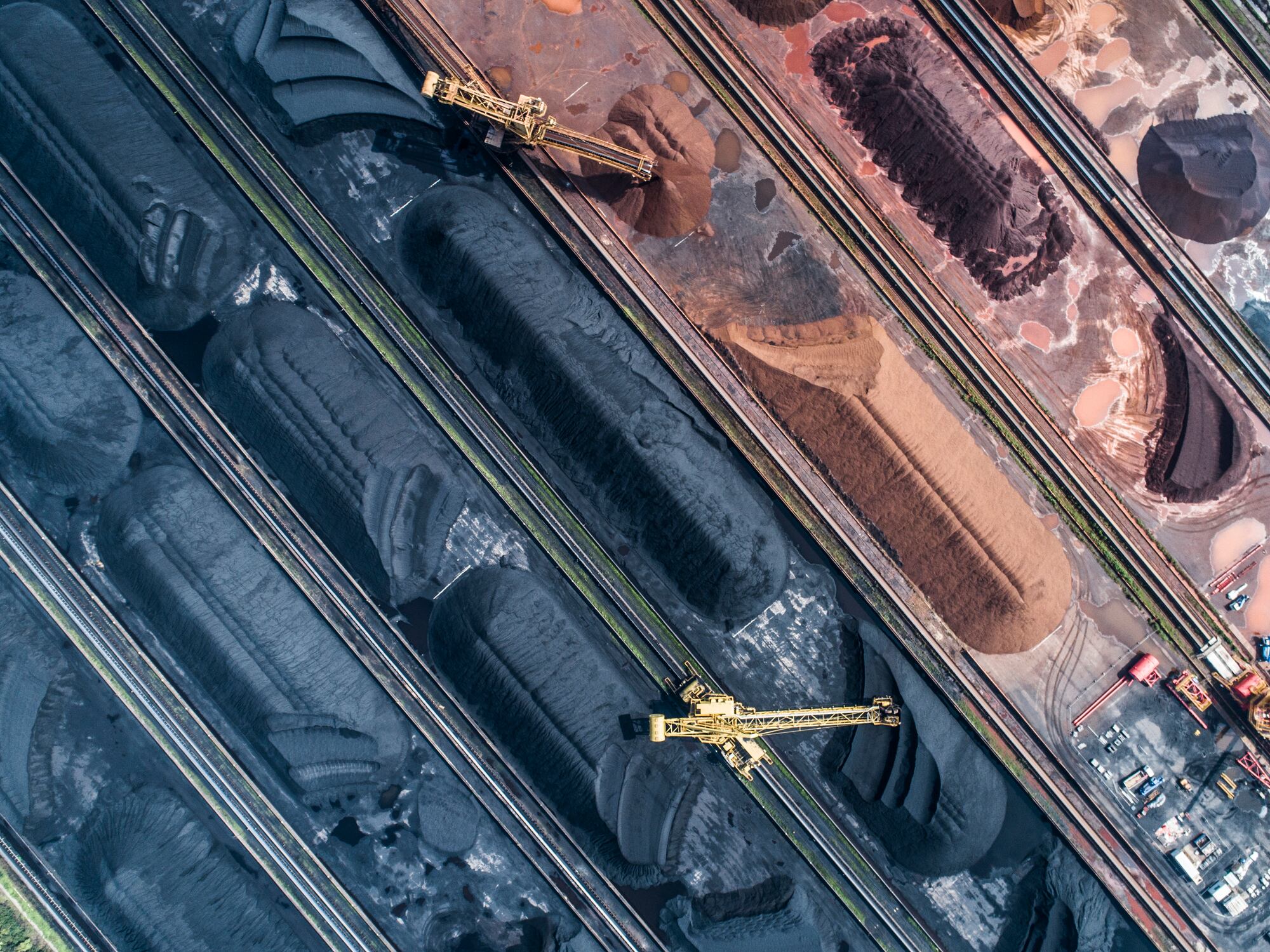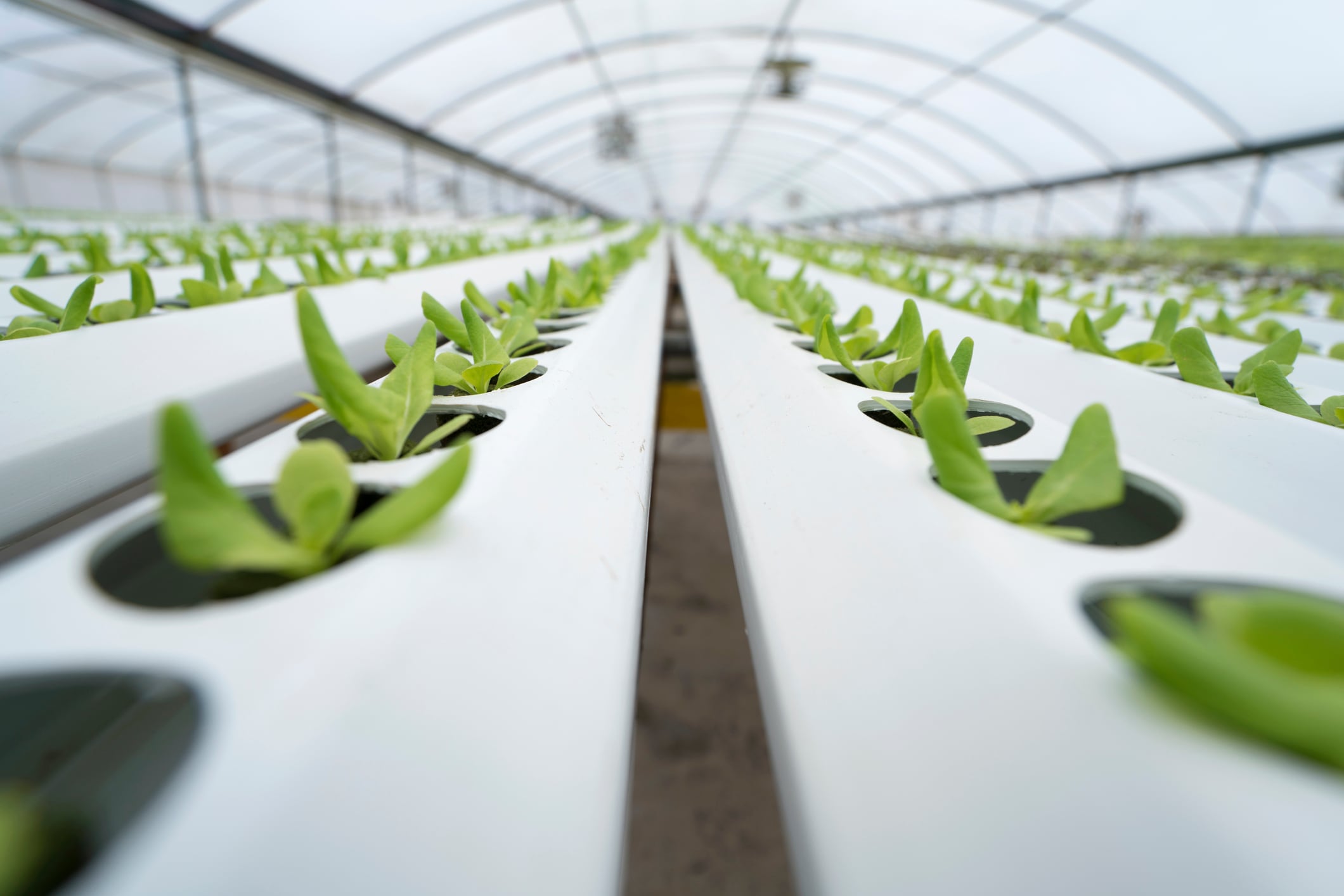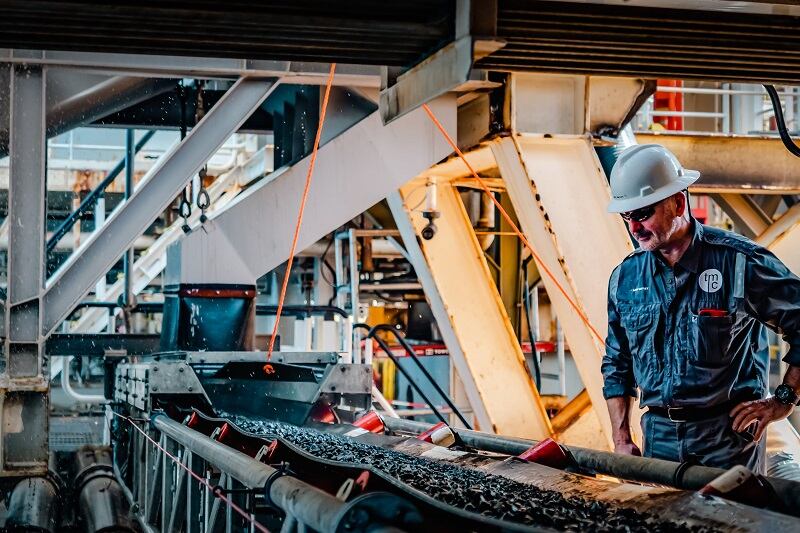The French biotech start-up is pioneering plant-based metal extraction to revolutionize the battery supply chain — but navigating GMO rules across borders could be its biggest hurdle yet
French start-up Genomines has raised an oversubscribed $45 million Series A to scale its groundbreaking approach to metal extraction — using genetically modified plants to harvest battery-grade nickel from soil.
The raise brings its total funding to $62 million, including a $5 million seed round and $12 million in non-dilutive public support from BPI France.
At the heart of Genomines’ platform is a proprietary phytoextraction process, where genetically enhanced “hyperaccumulator” plants absorb and concentrate metals like nickel. Once harvested, these plants are processed to yield high-purity metals — a method the company claims is faster, cheaper, and far cleaner than traditional mining.
Scaling a green alternative to mining
Genomines’ technology offers a compelling alternative to both conventional extraction and the fledging but controversial seabed mining industry. It can transform low-grade, non-arable land into productive assets, deploy operations in 1-2 years (compared to over a decade for traditional mines), and cut operational costs by up to 50%.
The company has already demonstrated double the nickel yield and biomass productivity in pilot projects with automakers like Hyundai Motor Group and Jaguar Land Rover – both notable participants in the company’s recent Series A.
But to realize its vision of a global network of plant-based metal farms, Genomines must navigate a complex web of regulatory frameworks governing genetically modified organisms (GMOs) — a challenge that could significantly impact its speed to market.
Regulatory hurdles on the road to global deployment
While Genomines’ technology is feted for its sustainability and scalability, its reliance on genetically modified plants introduces a major bottleneck: regulatory approval. GMO regulations vary widely across jurisdictions – from relatively permissive environments like the United States and Brazil, to stringent frameworks in the European Union, where public scepticism and precautionary principles dominate.

This patchwork of rules means Genomines will need to navigate country-by-country approval processes, each with its own timelines, data requirements, and political sensitivities. For a company aiming to deploy across multiple continents, this could translate into years of regulatory engagement and millions in compliance costs.
Funding the long game
The company’s recent Series A – led by Engine Ventures and Forbion BioEconomy – will help fund field demonstrations, regulatory submissions, and commercial offtake agreements.
But scaling globally will likely require further capital raises, especially as Genomines expands into regions with less predictable regulatory pathways.
“Genomines unlocks a scalable new resource base – we can fundamentally rebalance global mineral supply chains for decades to come,” said CEO Fabien Koutchekian. But doing so will require not just scientific innovation, but regulatory diplomacy and financial endurance.
Building a new industry, one plant at a time
Co-founded by Koutchekian and Dr. Dali Rashid, a plant geneticist whose research underpins the company’s IP, the company’s ambitions extend beyond nickel, with plans to apply its platform to cobalt, rare earths, and other metals vital to the clean energy transition.
As the world races to secure sustainable sources of battery materials, Genomines offers a bold new model rooted in biology not bulldozers.
“This talented team has the opportunity to fundamentally transform global mineral extraction,” said Michael Kearney, general partner at Engine Ventures and Genomines board member.
But whether it can scale fast enough to meet demand will depend as much on regulatory agility as on scientific prowess.




